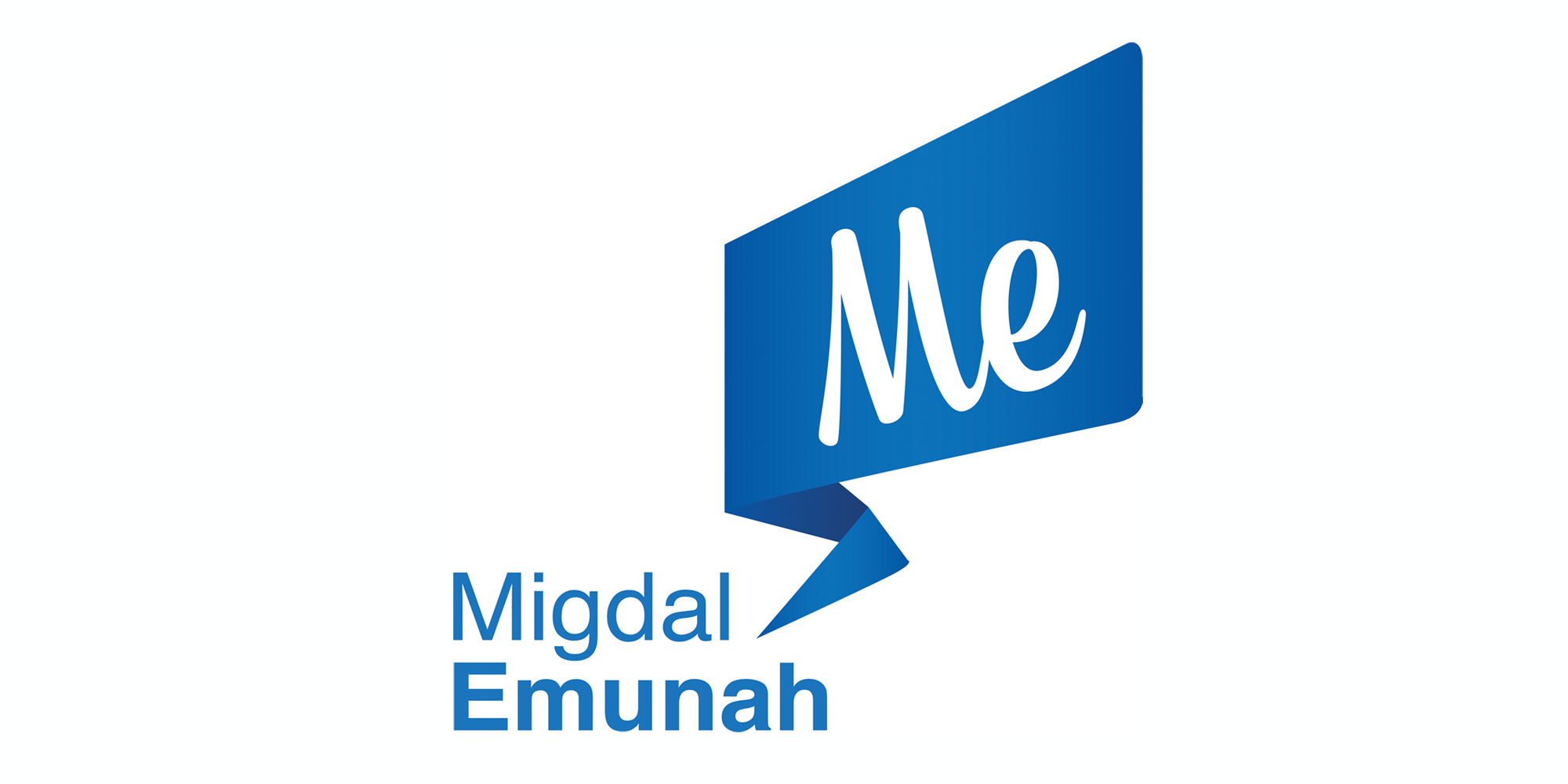
The 8th of March marks International Women’s Day and to celebrate, we are highlighting female leadership.
Throughout the pandemic, charitable organisations led by women have been providing vital support to their communities in London. We are here to recognise and amplify the achievements of these organisations and the women who lead them.
One such example is Migdal Emunah and Chief Executive Yehudis Goldsobel.
Hear from Yehudis, who explains why Migdal was originally set up, the support they offer to Jewish victims of sexual abuse and their families and how the pandemic has affected them.
I originally set up Migdal due to my own experiences and lack of an organisation offering what I needed.
After I reported my own experiences of sexual abuse to the authorities, I was contacted by several people from my community that wanted to share their own experiences of sexual abuse. After a while there was enough of us to form a support group while I searched for an already existing organisation willing to take on this client group. No organisation within the Jewish community had the remit and so I began the process of becoming a registered charity. Essentially to fill the need that was clearly evident but not yet met.
We provide independent sexual violence support services. This includes an Independent Sexual Violence Advisor (ISVA), family therapy, couples counselling, individual therapy, separate support groups for men and women, awareness campaigns, educational sessions for parents, policy guidance and training for professionals.
Our service users are men, women and children that identify as Jewish. Some might be actively engaging in community life and others might not be, but feel a service provider would understand some of their cultural worries.
This is what it is like to be safe! I never knew what that felt like before.Client
When the first lockdown was announced we moved our support groups and counselling virtually. However not all of our clients had access to internet and of those that did, not all were able to find a safe space to talk and participate.
We were able to continue the groups until near the end of last year but had a high drop out because it just wasn't easy for people to engage with services in an as therapeutic way as before lockdown.
We also started a new text support service as many clients felt it was an easier form of communication during lockdown.
Despite these challenges, there has been a greater need for ISVA support services. We have not had any fall in the numbers of disclosures over this past year and, as many people are unable to commit to therapy or support groups during this challenging time, they are relying more on ISVA support. Further, as many children were off school we have had our first year of not working with any children as they tend to be referred through those working in close or direct contact with them but are expecting to have more children this year as a result.
Our challenges for this year include ensuring every person that reaches out to us has access to ISVA support services, ensuring children and young people are heard and supported and getting back to face-to-face therapeutic work.
